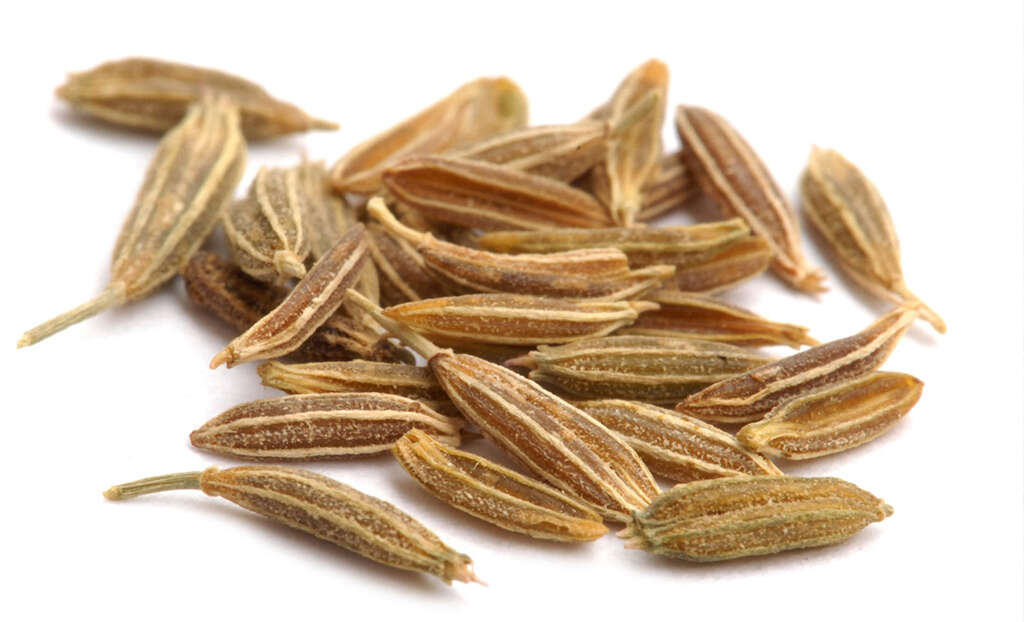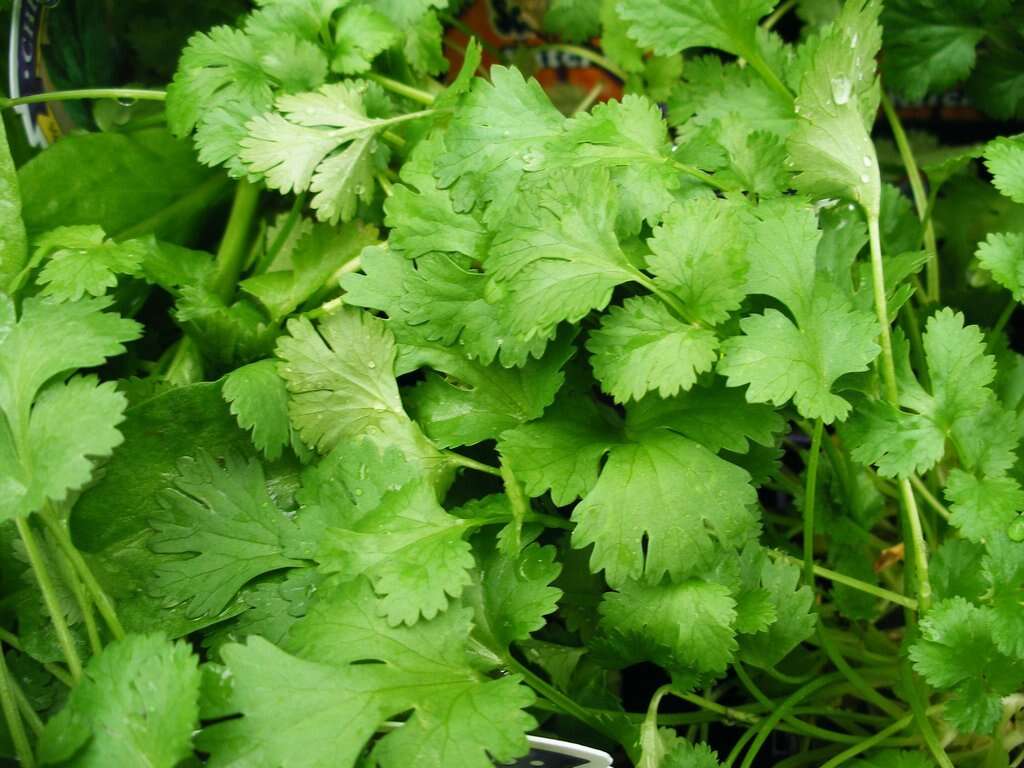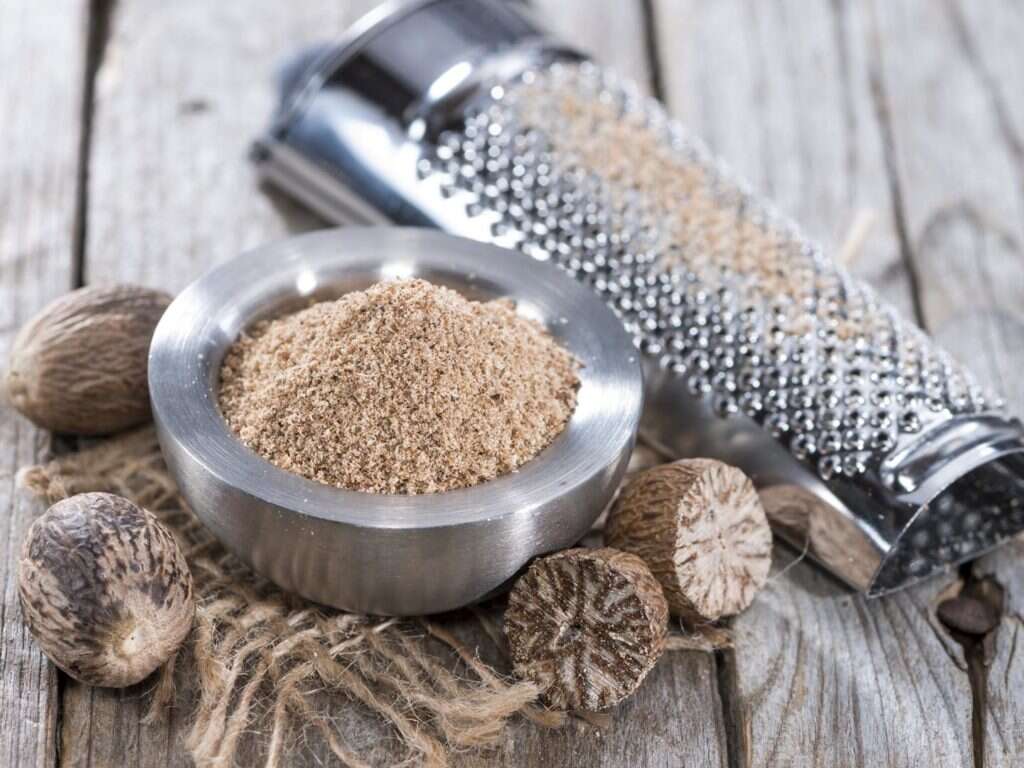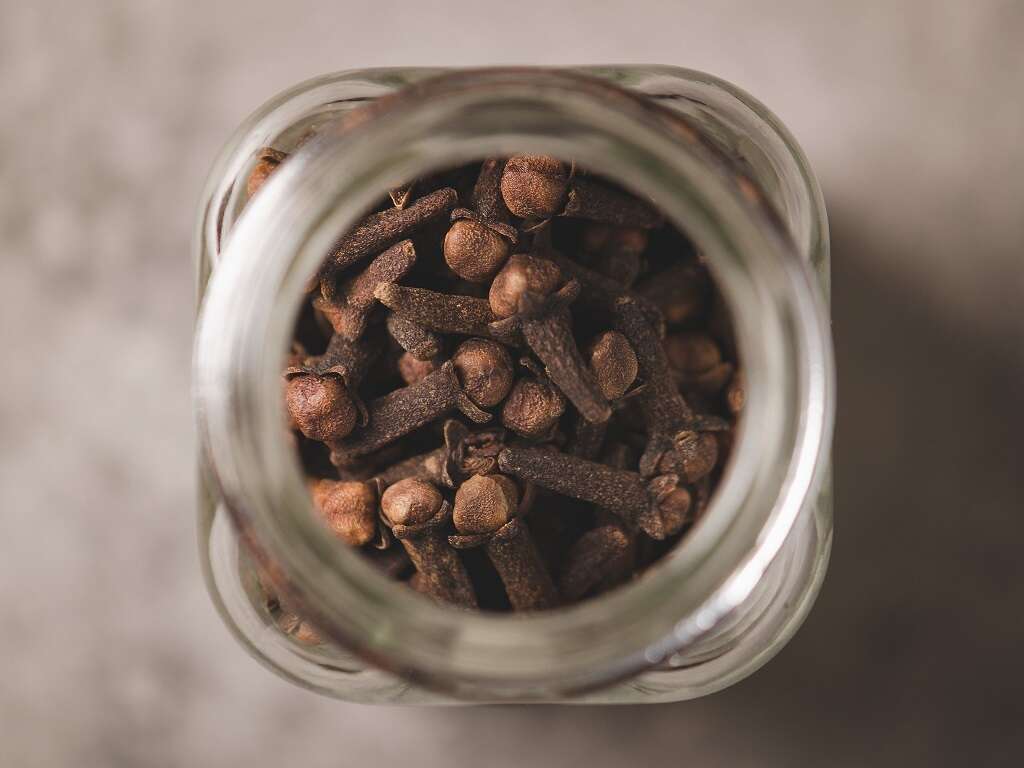10 Benefits of Cumin
Cumin comes from a plant called Cumin cyminum. It is used in many dishes around Mediterranean and European regions. It is considered to be one of the most popular spices. Cumin is purchased as a whole dried seed or as a ground powder to be used in earthy, nutty and spicy dishes.
Modern studies have shown that cumin has several health benefits, including promoting digestion and improving immunity. In some Southeast Asian countries, cumin has shown to improve coughs, pains and health, including blood pressure. New research supports the claims of the benefits of cumin as it is used throughout cuisine in many different ways.

Cumin Benefit #1: Helps with Weight Loss
Cumin has shown to have beneficial effects on weight loss. One study found that overweight women who consumed 3 grams of cumin in yogurt daily for three months, significantly decreased in body weight and waist size. The studied proved that cumin powder reduces weight and improves biochemical parameters in overweight women.
One study suggests that taking cumin for eight weeks among overweight subjects had the same effect as orlistat 120, a weight loss drug. Cumin also had beneficial effects on insulin metabolism compared with orlistat 120. Insulin metabolism allows for cells to take up glucose more efficiently and burn it as fuel instead of store it as fat.

Cumin Benefit #2: Promotes Digestion
Cumin has been shown to have positive effects on digestion. In some countries, such as Poland, cumin is recommended as a remedy to cure indigestion, lack of appetite and gas. It is also known to increase the bioavailability of nutrients, thus being used as part of superfood blends. Its activity on the digestive system speeds it up exponentially by allowing the liver to release bile in order to help digest fats and nutrients in the gut.
Irritable bowel syndrome (IBS) is one of the most common gastrointestinal disorders, however no specific treatment has been recommended yet. One study showed that patients with IBS reported improvement in their symptoms after having taken cumin for two weeks. Stool consistency and frequency improved significantly for the patients.

Cumin Benefit #3: Helps Lower Cholesterol
Several studies have found a link between cumin intake and cholesterol and triglyceride levels. One study involved obese women who ate 3g of cumin with yogurt twice a day for three months. The women who ate the cumin had lower cholesterol, triglyceride, LDL levels, as well as increased HDL cholesterol.
Cumin has improved blood cholesterol in several more clinical studies. One study examined triglycerides for eight weeks. It found that 75mg of cumin plus lime taken twice a day decreased unhealthy blood triglycerides as well as LDL cholesterol levels and total cholesterol levels.
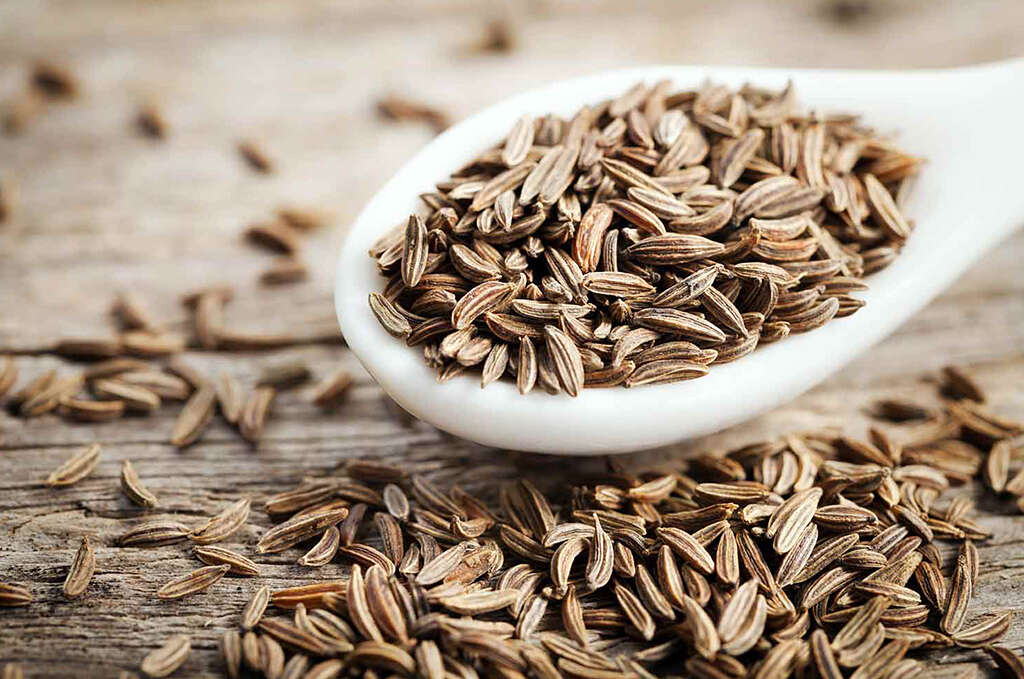
Cumin Benefit #4: Contains Iron
Iron deficiency is very common around the world, even in wealthy countries. Over 20% of the population is deficient in iron. Cumin seed contains 3.3 milligrams of iron per 5 grams, which is almost 1 tbsp of cumin, which is 20% of the daily iron intake that is recommended for women and 34% of the daily iron intake that is recommended for men.
The iron helps produce healthy red blood cells to aid in bodily function. The chemical composition of cumin helps maintain levels of elements such as iron, potassium and even calcium. This rich source of iron also helps increase hemoglobin levels, improving blood flow and allowing for healthy menstruation.
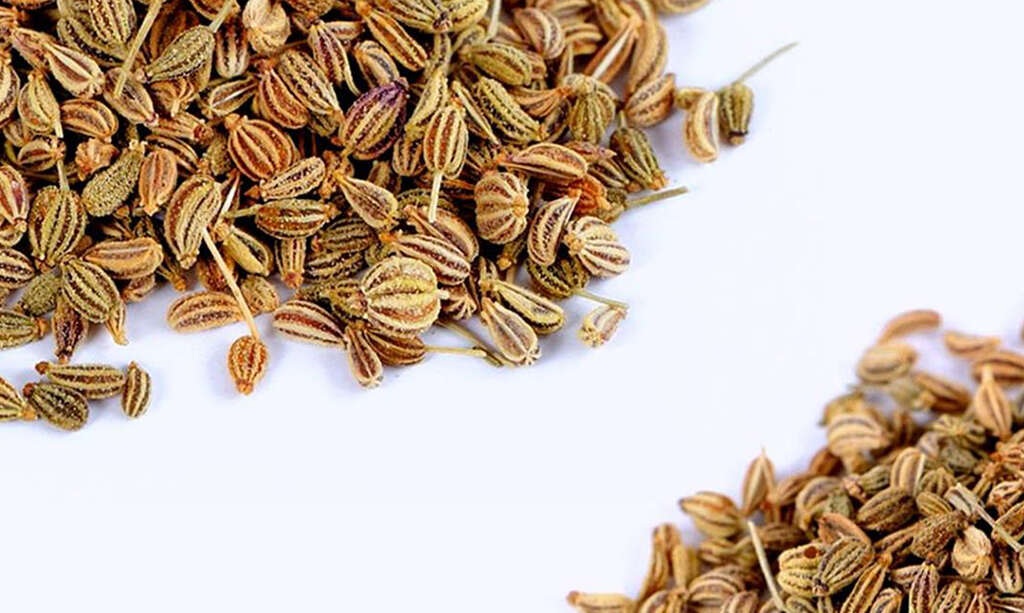
Cumin Benefit #5: Helps with Asthma
The essential oils, which act as a disinfectant and the caffeine, which acts as a stimulating agent, make cumin ideal for anti-congestive purposes. Those who suffer from respiratory disorders such as asthma and bronchitis can benefit greatly from cumin. It is an ideal addition to the diet for those who suffer from respiratory disorders.
Cumin is able to loosen up the phlegm and mucus that accumulates in the respiratory tracts so that it is easier to excrete them by sneezing or coughing. Eliminating mucus and phlegm inhibits it from building up and allows for the cavity to heal itself.

Cumin Benefit #6: Helps with Insomnia
Cumin is very useful for insomnia and can help relax the body to induce sleep. Cumin is rich in elements such as iron and manganese, and can stimulate the secretion of enzymes from the pancreas. This aids with proper digestion and assimilation of nutrients that aid in sleep.
It is said that mixing just one teaspoon of cumin powder with banana can help induce sleep. Another way of consuming cumin to aid in sleep is in the form of tea. After roasting the cumin on low heat, add water and bring it to a boil. Let it seep for five minutes and strain it before consuming.

Cumin Benefit #7: Has Antimicrobial Properties
Cumin was originally used in the form of food safety. Many seasonings have antimicrobial properties, especially cumin. This reduces the risk of food-borne infections. One study done on cumin from four different geographical regions found that cumin exhibited a considerable inhibitory effect against bacterial organisms that were tested.
When digested, cumin releases a component called megalomicin, which acts as an antibiotic. Staphylococcus is a serious agent of infection that has many strains, which may be resistant to numerous drugs. One study demonstrated that cumin is antibacterial toward a multidrug-resistant host and has the ability to deter drug inhibition.
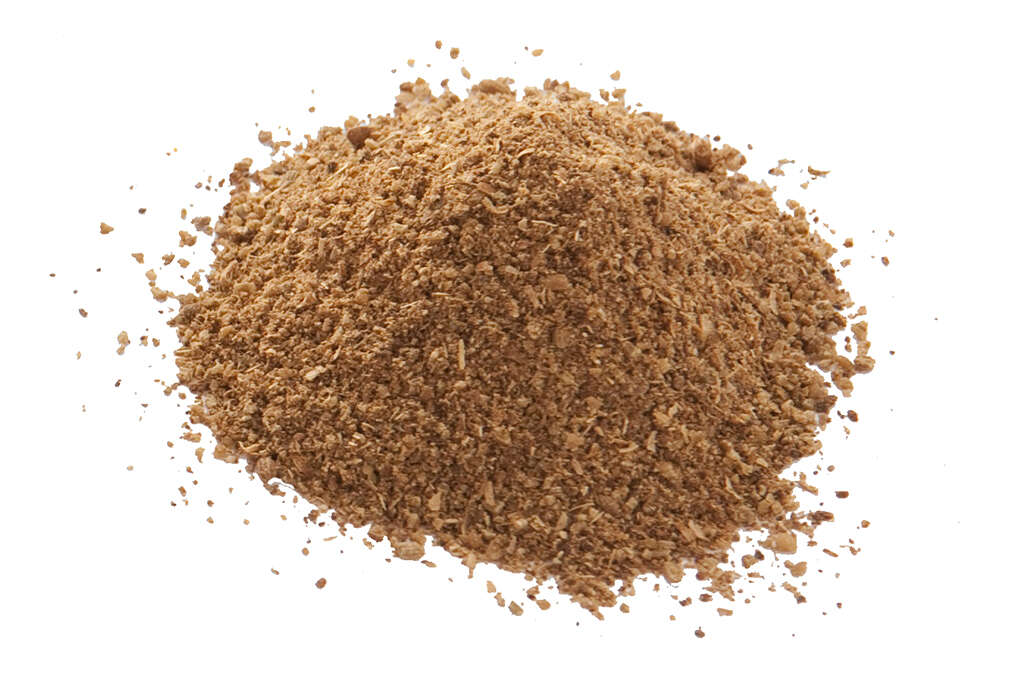
Cumin Benefit #8: Helps with Bone Health
Cumin is a good source of calcium, containing 56 mg in 1 tbsp. Calcium is a major mineral that is essential for healthy bone development in youth. The vast majority of calcium is found in teeth and bones, however it is also utilized in the bloodstream for nerve function and contraction of muscles.
One study examined the effect of cumin on treating postmenopausal women who have osteoporosis. They were given 1 g/kg of cumin in two doses for ten weeks. At the end of the study, the serum was collected from their blood, bones and uteri. The study found significantly greater bone density and improved microarchitecture of bones.

Cumin Benefit #9: Helps Reduce Stress
Among cumin’s history of health benefits, it can also reduce our physiologic responses to stress. An animal study published in 2011 found that cumin helped inhibit stress-induced biochemical changes in rats. This helped to improve their memory as well as cognition. The study provided significant scientific evidence that stated that cumin has memory-enhancing, anti-stress effects. When the spice is consistently used in traditional foods, it becomes beneficial in combating stress and related disorders.
Every time you flavor your meals with herbs and spices, you are upgrading the nutrient content without adding a calorie. Cumin helps turn food into a therapeutic component in our daily lives.

Cumin Benefit #10: Antioxidant and Mineral Properties
The antioxidant properties found in cumin make it an excellent medicinal food that is used for preventative health. Cumin was studied in 2009 and the study found that cumin, along with other spices including caraway, coriander, dill and fennel, were far more potent than vitamin C itself.
The antioxidant properties of cumin seeds also makes them an excellent source of dietary fiber as well as vitamins A, E, B and C and carotene, lutein, and zeaxanthin. Health promoting minerals in cumin include its iron, zinc, potassium and manganese content. The cofactor for superoxide dismutase, a powerful antioxidant enzyme, is manganese.
